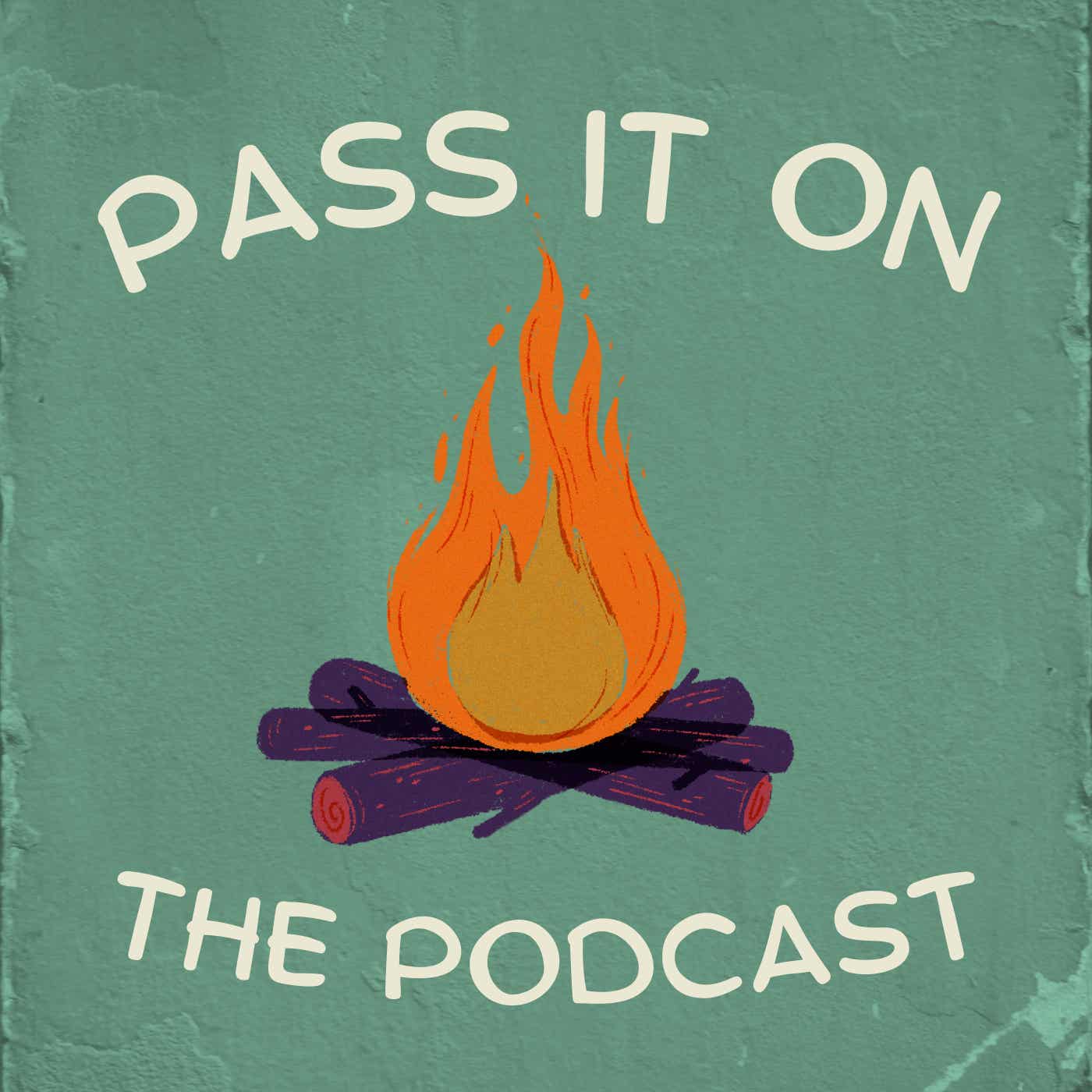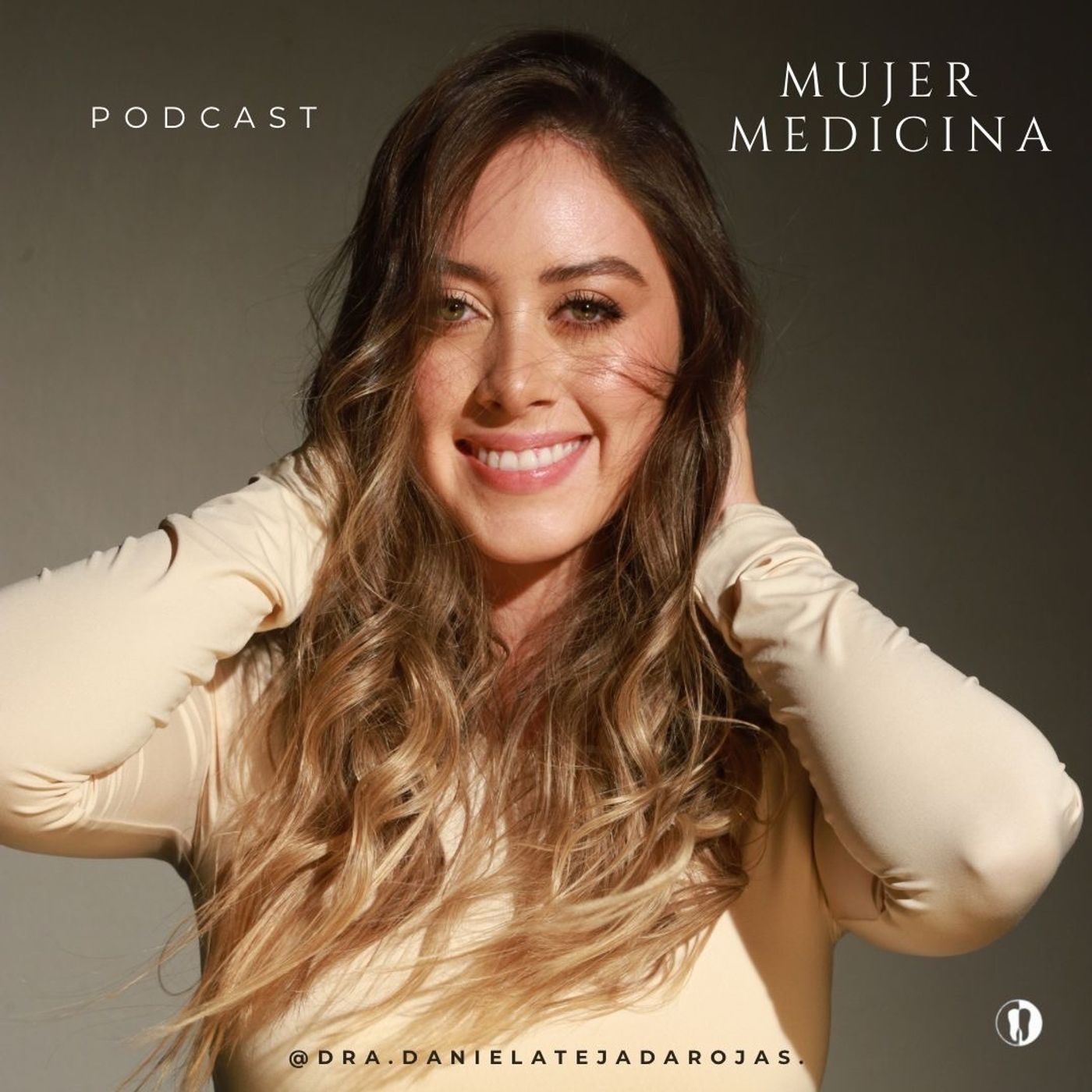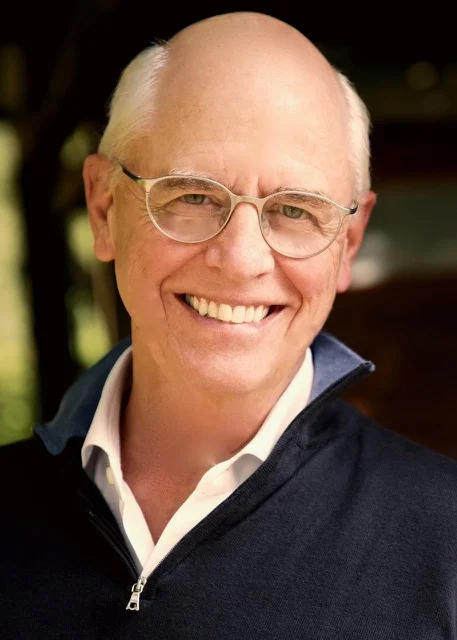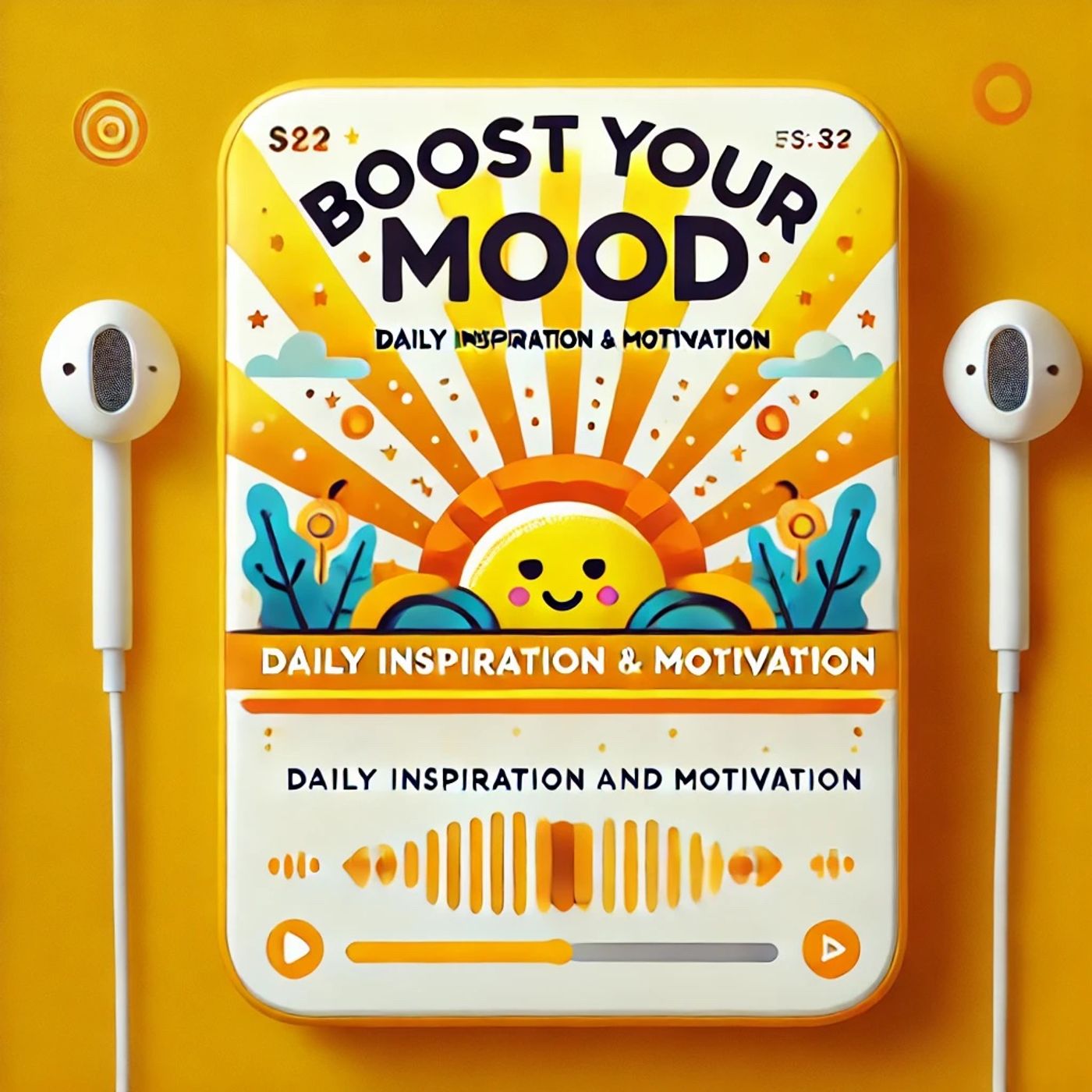The Pass It On Podcast: Interview With My Mom, Part 2
Description
In this episode, Hadley and I listen to my mom talk more about her favorite Southern writers like Eudora Welty, segregation in Liberty, the death of her cousin Benny when she was in college (keep your tissues close at hand), and working at the State Hospital in Norman (aka Oklahoma’s Cuckoo’s Nest).
And by the way, we’re now on Spotify and Apple Podcasts!
Mom at OBU, 1968. ©Mom
Kate: Welcome back to the Pass It On podcast. And this is part two of the interview with my mother. And we're back! My mom's here and Hadley's here. So welcome back.
Mom: Hello, hi. I'm glad we're here.
Hadley: Hi everyone.
Kate: When we left off, you were talking about going to the library and looking up stuff about some of your favorite authors. I wanted to ask you what other books for you or made a difference in your life at that time?
Mom: Well, at that time, I did a lot of reading of Southern authors. I was very drawn to the genre of Southern literature. And I would say my favorite, I had three favorites, Steinbeck and Faulkner. Faulkner in particular, I was very drawn to because of all of the people he wrote about within Yoknapatawfah County. Because I loved that part that Southern writers will do where they write a lot about big families and also the intensity with which they can do descriptions.
It really reminds me many times of like you're just listening to a story being told on the front porch when you're reading Southern literature. And that particularly was kind of true for Eudora Welty, who I just fell in love with her work. And I fell in love with the book, Delta Wedding, I think was the one I fell in love with first. Then a lot of her others were really short stories. But Delta Wedding, because the girl, the little girl in the story, her name is Laura, and I think in the story she's about eight, I'm not sure. But she's put on this train called the Yellow Dog that rides through, I guess through Mississippi. And she's going down to her cousin's house for a wedding. They live kind of like in a plantation. She's going down there to attend the wedding of her older cousin, and she's put on the Yellow Dog.
Her mother has just passed away, so she's riding this train down and she's greeted by all of her cousins. And there's boy cousins and girl cousins, they're all different ages and she's absorbed into this big family. And the story mainly kind of takes place during the preparations for the wedding. And Laura is not allowed to be in the wedding because her mother has just passed away.
That was poignant to me to know that because that was kind of how my life was. It wasn't really that there were certain things I couldn't do because my mother was no longer living. When I did get married, and I got married in May, the first thing when we set the date for May, my grandmother, who's my mother's mother, the first thing she asked me, is that the date that your mother died?
Because, and it wasn't, I was conscious of that, but to think that grandmother was conscious of that too, you would not get married on the same day that your mother died. Like that day had to be set aside and reserved and honored. And knowing that about Laura, the little girl, that she couldn't be in the wedding because her mother had just died. So much about that book reminded me of how I used to feel.
When we'd take the Katy train down to Oklahoma and I would be absorbed by all of my mother's family that lived there. There were cousins, a great-uncle and his family and his children, my great aunt that lived up the street from my grandparents. And there were aunts, old aunts, and the story in Delta Wedding too. So, there were so many kind of parallels for what it felt like to be in Oklahoma, sort of a Southern state with some Southern atmosphere around it. You know we always had sweet tea and my grandfather would sit at the big table and shake the ice in his tea. When his tea got down, he would shake his glass so you could hear the ice shake, and that was the signal to pop up and get the tea.
Kate: Oh my god.
Mom: You know, but without, he didn't ask.
Kate: You just did it.
Mom: He just had to rattle the ice. That was the signal that he needed tea. The big Sunday dinners and there were protocols, manners that were always, always kept. When we lived there, it was just like expectations of being one of a member of this family when you were in that town. Your behavior was sort of modified maybe.
Kate: Was he from Texas too? He was, right?
Mom: Who's he?
Kate: Your grandfather.
Mom: No, he wasn't from Texas.
Kate: Okay, I thought he was.
Mom: Well, he went to Texas to work in the oil fields and that's where he met my grandmother.
Kate: Okay, I see. Okay. But he was from Henryetta?
Mom: He was brought up in a little town, I have to think of it, in Kansas. And in fact, I spent a long time on one of those newspaper databases where you can read articles online from the past in full text.
All I had to do, they had such an unusual last name, I just had to put in that last name, I learned so many things, intimate daily details about their lives. You know, when they went on trips, when somebody came to visit them, what things they entered in the county fair. Everybody entered something in the county fair, all the way down the family. Even my great-grandfather, always, each time, entered.
I guess it was apples, apple trees that had been grafted. His grafting on different fruit trees were always entered into the county fair. My great-grandmother and my great aunt had all kinds of entries in the food area for pickled this and canned that and pies and baked goods. It was just where you learn more about what they did in their daily lives in those old-fashioned newspapers like that.
Kate: Yeah. That's so cool.
Mom: Yeah, so those particular authors of Faulkner and Steinbeck, but especially Eudora Welty. She could describe every flower in a yard in detail. And it was just such a lush description to me.
Kate: The magnolias.
Mom: And Magnolias. She had one short story, “Why I Live at the P.O.” where they refer to their grandfather as Papa Daddy. And I just loved that phrase of Papa Daddy that's used all through that short story.
Kate: Yeah. Speaking of your dad, you also, you had wanted to talk about this and we forgot to touch on it, about your dad's opinions of the country club in Liberty when that started.
Mom: Yes, that little town I grew up in was so segregated and at times things went on in that town that I was totally unaware of, and is something that you don't realize until you look backwards to see. So, it wasn't just the schools, you know, when I was growing up that were segregated until my fourth-grade year. But our movie theater was segregated. The black children were only allowed to sit up in the balcony. And I don't recall that they ever could come down and purchase candy. Maybe they did, but I was not aware of that. But I knew that we didn't go up in the balcony. It was reserved for them. Because I remember the first time I went, I wanted to go up in the balcony. And somebody told me, “Well, we can't go up there. It's not for us.”
But my little town did not have a roller rink, and it did not have a swimming pool, and we had to go to other nearby towns to go roller skating or to go swimming in a public pool. Finally, I think it probably happened, I'm not sure exactly what year this happened, I probably was in grade school when some families, wealthier families in town, came together and built a country club. And it mainly, as a country club, all it had was a pool. It was like a swimming club. It may have been more, it had a pretty modern design for the clubhouse. So, it must have been maybe in the ‘60s. Well, it was in the ‘60s, I'm sure, very, very early ‘60s, maybe late s that that was created.
All my friends that I knew belonged to the country club and they had a swim club, and they went swimming there. The only time I could go swimming was if my mother took us over to this nearby town for that, to go to the pool. So, I remember begging my dad, “Why can't we join? Why can't we please join? Please, I'll be good. Please, let's join the country club,” so I could swim in the summer with my friends, and he kept saying no.
And finally, at one point, he said, “I will not join a club that is not open to everybody.” And that statement that he made, just really made me stop in my tracks and think, because that had not occurred to me that it wasn't open to everybody. I thought it was just strictly open if you could pay for it. But when he said, “I will not join a club that's not open to everybody,” it made a difference to me, sort of, in how I felt about it after that, you know. I realized it wasn't so much a financial decision as maybe a moral decision or stance that he was taking.
Kate: Yeah. Then when you, so you had a housekeeper who was black who helped out when your mother was sick. And then you were telling me that she invited you and your dad, was it just you and your dad to go to the AME church, or your sister? That was after your mom died?
Mom: I did, yeah, and my older sister. That was right after she passed away. It may have been weeks, within weeks, because I remember we still had people that were bringing food to the house and things like that. We hadn't gotten to the point where we were figuring out how.
Though, you know, she'd been sick for a long time. She was in a wheelchair, and he had made a little board that went across the arms of her wheelchair so she could do mixing bowls on that. She was shorter than the cou

























